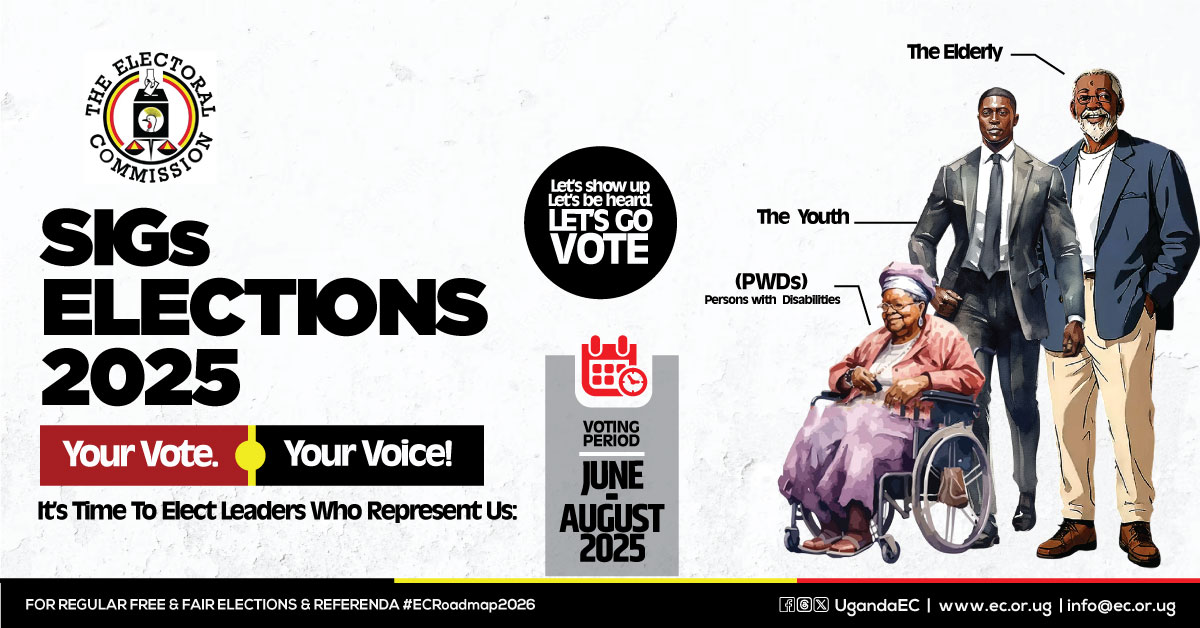Singapore has reclaimed its position as the holder of the world’s most powerful passport, according to the 2025 Henley Passport Index released this week.
The Southeast Asian city-state now offers its citizens visa-free access to 195 out of 227 destinations globally, putting it ahead of all other nations in terms of travel freedom.
Japan follows closely in second place with visa-free access to 193 destinations, buoyed by the reinstatement of visa-free entry to China following the lifting of COVID-era travel restrictions.
In joint third place are six countries: France, Germany, Italy, Spain, Finland, and South Korea, each offering visa-free or visa-on-arrival access to 192 destinations.
These are followed by seven European nations; Austria, Denmark, Ireland, Luxembourg, Netherlands, Norway, and Sweden, occupying fourth place with access to 191 destinations.
The fifth position is shared by Belgium, New Zealand, Portugal, Switzerland, and the United Kingdom, all of which offer visa-free travel to 190 destinations.
At the bottom of the index is Afghanistan, whose citizens can travel without a visa to only 26 destinations—169 fewer than Singapore, making it the least globally mobile nationality in 2025. This marks the largest recorded mobility gap in the 19-year history of the Henley Passport Index.
UAE Makes Top 10 as US and UK Slide
Notably, the United Arab Emirates has broken into the top 10 for the first time, offering visa-free access to 185 destinations. The UAE has made remarkable progress over the past decade, having added 72 destinations to its visa-free list since 2015.
In contrast, the United States and the United Kingdom have seen significant declines. Once ranked second in 2015, the US now sits in ninth place, while the UK, which held the top spot a decade ago, is now tied for fifth.
China, meanwhile, has made notable strides, climbing from 94th place in 2015 to 60th in 2025, thanks to the addition of 40 new visa-free destinations in the past ten years.
Africa Faces High Rejection Rates
While some countries celebrate gains in passport strength, others continue to face steep barriers.
African nations, in particular, are experiencing disproportionately high Schengen visa rejection rates. According to the report, applicants from Comoros, Guinea-Bissau, and Ghana are among the most frequently rejected, with African citizens reportedly twice as likely to be denied entry to the Schengen Area compared to applicants from other regions.
Call for Equitable Global Mobility
Dr. Christian H. Kaelin, Chairman of Henley & Partners—the global citizenship and residence advisory firm behind the index has called for urgent action to address growing inequalities in global mobility.
“In a world grappling with climate change, political instability, and rising displacement, mobility rights are increasingly important,” Dr. Kaelin said.
“The time has come to reimagine mobility. Initiatives like ‘Free Global Cities’ can help transform displaced individuals into active contributors to society,” he added.
The 2025 Henley Global Mobility Report highlights how deepening disparities in passport power are shaping international relations, economic opportunity, and global justice.
The data underscores the need for policies that promote inclusivity and fairness in the international travel system.
As countries work to recover from the economic and geopolitical shocks of recent years, the report suggests that passport strength and travel access may play a crucial role in shaping future prospects for citizens around the world.




















